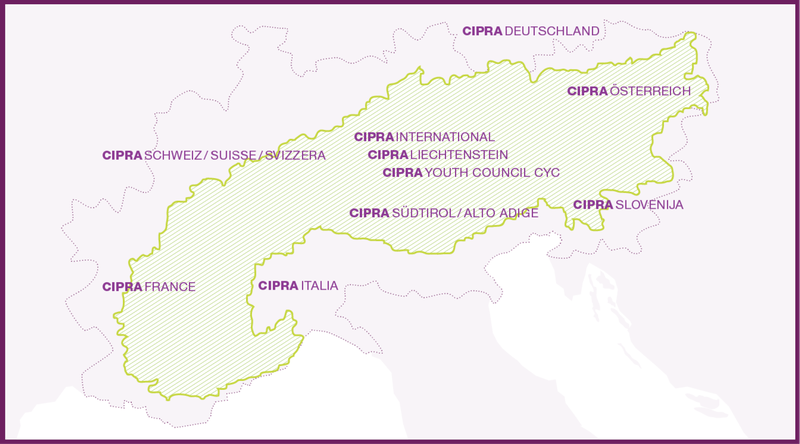Laura Haberfellner, CIPRA International Lab
Innovation to counter emigration
Emigration and the brain drain in the Alpine region: a new EU project involving CIPRA aims to counteract this trend. It is testing innovative governance models to strengthen mountain regions and create a win-win situation for regions of origin, destinations and young emigrants.
Who is CIPRA?
Find out more!
More articles
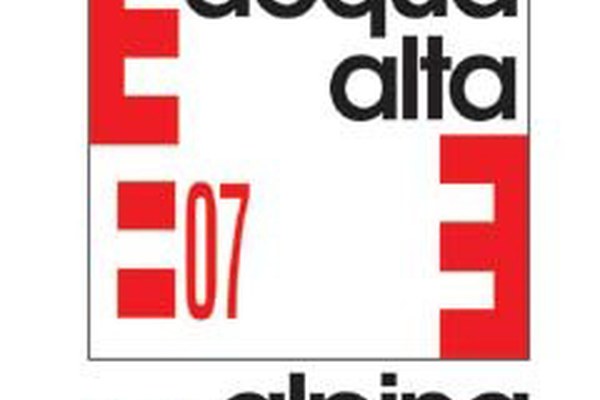
alpMedia | Schaan, LI
Acqua alta alpina - Conference and trade fair on climate change
The organisers of acqua alta alpine invite politicians, experts and interested laymen and women to a conference in Salzburg/A from 24 to 30 October which focuses on climate change and its impact on the Alpine region.
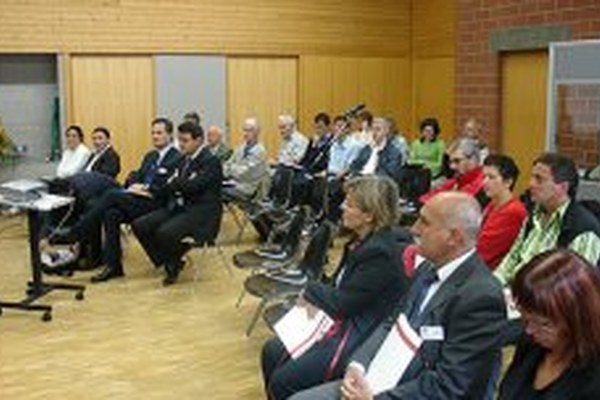
CIPRA Internationale Alpenschutzkommission | Schaan, LI
International workshop series "Disseminating Knowledge - Networking People" New technologies give a boost to local culture and tradition
CIPRA successfully pursued its international workshop series on "Disseminating Knowledge - Networking People" with numerous events in May and June.
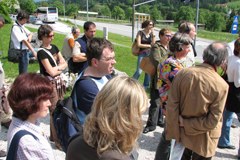
CIPRA Internationale Alpenschutzkommission | Schaan, LI
International workshop series "Disseminating Knowledge - Networking People" Transport and visitor management in mountain areas
On May 10 and 11 CIPRA International and CIPRA Slovenia organised a workshop on the topic of "Transport and Visitor Management in Mountain Areas". It became clear already with the first contributions that there are no straightforward answers when it comes to the relationship between transport development and regional development. There are areas of the Alps which do well economically despite being difficult to access.
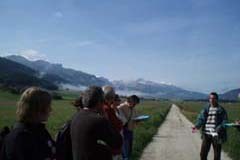
CIPRA Internationale Alpenschutzkommission | Schaan, LI
International workshop series "Disseminating Knowledge - Networking People" Rural-urban co-operation: A challenge for the Alpine region
The eighth workshop in the series on "Disseminating Knowledge - Networking People" was held in Autrans on June 4 and 5 and focused on the subject of regional concepts and rural-urban co-operation. The organisers, CIPRA France and the further education organisation Association de Formation des Ruraux aux Activités du Tourisme, provided an opportunity for an exchange of views on the shift in relations between rural and urban areas.
Events
There is nothing to see here at the moment. Why not take a look at the other countries?
Projects

CIPRA International
Cross-border mobility
[Project completed] Tens of thousands of commuters move across national borders every day in the Alpine region. Existing traffic routes, however, were mostly built with a purely national perspective and are not geared to cross-border commuter flows. The result is overloaded roads, noise and pollution for local residents.

CIPRA International Lab
PlurAlps
[Project completed] The Alpine area is experiencing the combined challenges of an ageing population and new migration models. At the same time, opportunities for social innovation and development arise from increasing cultural diversity and pluralism. Mountainous and peripheral Alpine municipalities and regions are specifically concerned and need technical support and new approaches to develop a welcoming culture, which should be credibly embraced and implemented by municipalities, SMEs and civil society.
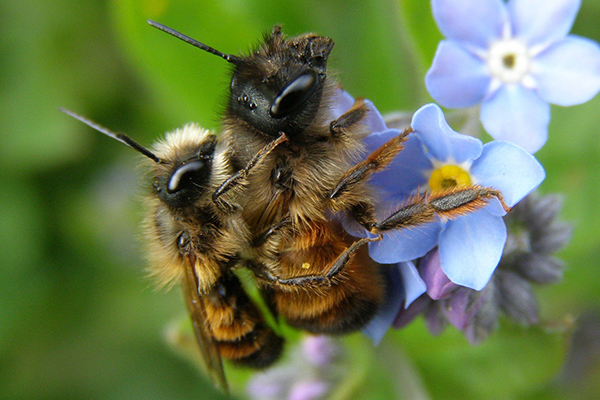
CIPRA International
BeeAware!
[Project completed] The aim of the project BeeAware! is to inspire communities in the Alps for bee protection and thus to improve the livelihoods of honey and wild bees. Bees are depending on an intact biodiversity. The different bee species need different plants, nesting and drinking places in order to survive. Integral bee protection therefore means securing, improving and enlarging the habitat of these important pollinators.

